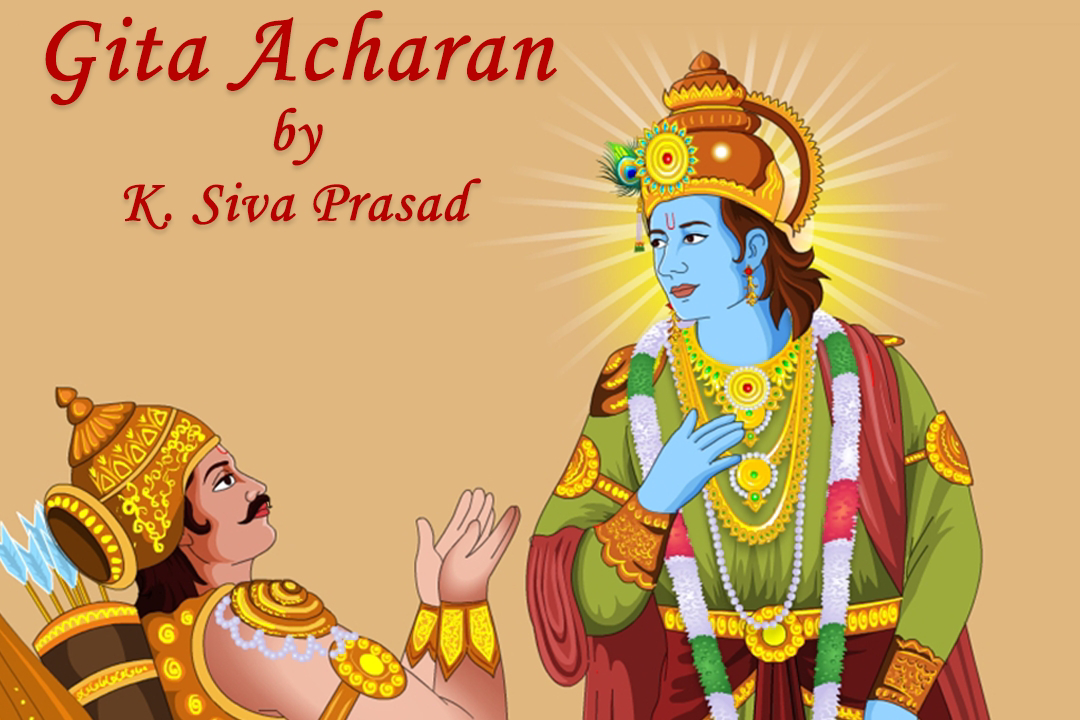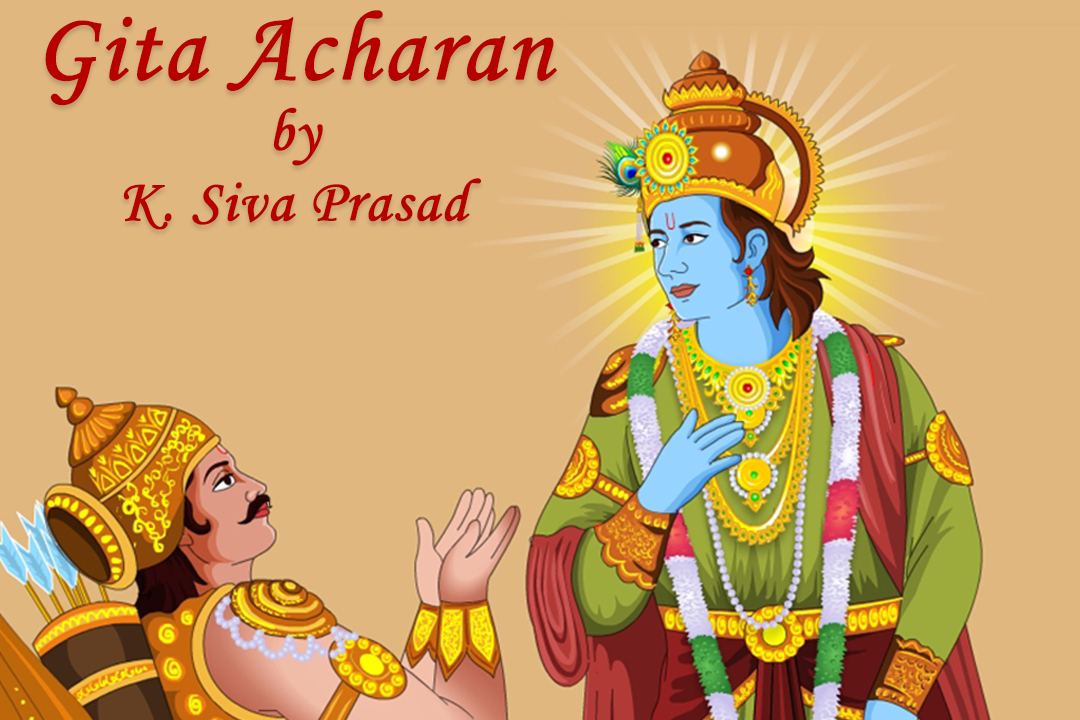189. Field and Knower of the Field

The thirteenth chapter of the Bhagavad Gita is called Kshetra Kshetrajna Vibhag Yog (Yoga through the distinction between the field and the Knower of the field). The chapter starts with Arjun's question, “I wish to understand what are prakriti (nature or matter) and purush (spirit or living entity); and what are kshetra (field) and kshetrajna (knower of the field). I also wish to know what is knowledge and that which ought to be known" (13.1). Krishna replies, "This body is termed as kshetra and the one who knows this is called kshetrajna "(13.2). Kshetra or field is a scientific word and in that sense, this chapter presents a scientific perspective too. In verses 12.13 to 12.20, Krishna talked about various attributes which are dear to Him. These include dropping hatred, agitation, desires, expectations, jealousy, fear and anxiety; attaining samatva (equanimity) by treating praise and insult; honour and dishonour; sukh (pleasure) and dukh (suf

